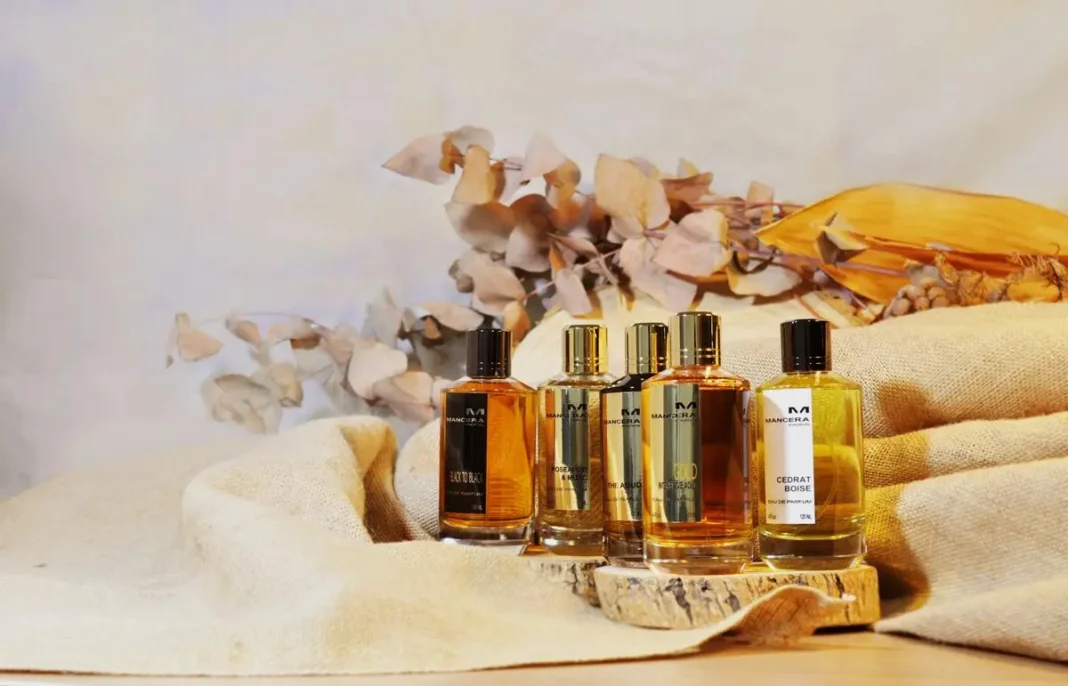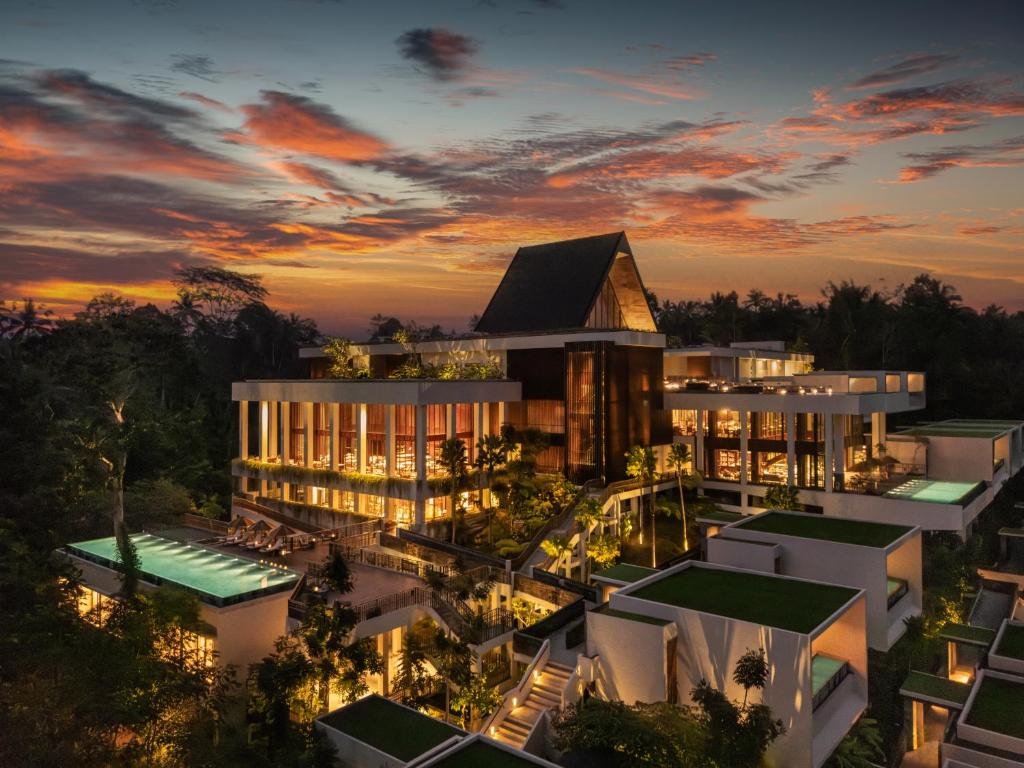Designer vs niche perfume – Ever found yourself in a perfume shop, sniffing so many strips of paper that your nose goes on strike? You’ve probably heard the terms ‘designer’ and ‘niche’ being tossed around. They might sound like fancy ways to say “expensive smell,” but trust us, the difference is as clear as a Bali sky after the rain.
Choosing between them isn’t just about price; it’s about your story. Are you the classic sunset-at-Ku-De-Ta type, or the adventurous find-a-secret-waterfall type? Your scent can say that before you even do. Let’s dive into the wonderful, fragrant world of perfumes so you can find your perfect match.
1. The Big Picture: Mass Appeal vs. Personal Artistry
Let’s start with the celebrities of the scent world: Designer Perfumes.
Think Chanel, Dior, Gucci. These scents are the blockbuster hits. They’re created by famous fashion houses with one main goal: to be loved by millions. The aroma is designed to be instantly likeable, elegant, and safe. If you’ve ever smelled a fragrance and thought, “Wow, that’s familiar… and my taxi driver is also wearing it?” – that’s the power of a designer perfume. It’s the olfactory equivalent of a little black dress; timeless, reliable, and always appropriate.
On the other side of the ring, we have the indie artists: Niche Perfumes.
Brands like Le Labo, Byredo, Diptyque, and Creed are the rebels. They’re not trying to win a popularity contest. Their goal is to create a moving, unique, and highly personal experience. A niche perfume is a conversation starter. It’s for the person who wants their scent to be a secret handshake, not a crowd wave. Their target audience is smaller, more discerning, and frankly, a little more interesting.
2. The Secret Sauce: Ingredients & Craftsmanship
Here’s where the magic—and the price tag—really starts to diverge.
Designer perfumes are masterpieces of modern engineering. To produce millions of bottles that smell exactly the same from Paris to Perth, they use a precise blend of natural and synthetic ingredients. This isn’t a bad thing! Synthetics can create scents that don’t exist in nature and ensure stability. The result is a consistent, beautiful, and wearable fragrance that lasts.
Niche perfumes, however, are like a master chef’s tasting menu. With smaller batch production, perfumers (or “noses”) have the freedom to play with rare, high-quality, and often natural ingredients. We’re talking Oud wood from Cambodia, real ambergris from the sea, or flowers picked at dawn in Grasse. The result? A scent that is complex, deep, and evolves beautifully on your skin throughout the day. You’re not just wearing a perfume; you’re wearing a piece of artisanal craftsmanship.
3. The Vibe: Familiar Comfort vs. Bold Adventure
Close your eyes and imagine the scent. What do you smell?
If you lean towards designer perfumes, you’ll find comforting, well-trodden paths. Think beautiful florals, juicy citrus, warm vanilla, or sensual musk. These are mass-pleasing for a reason—they’re downright delicious. They whisper, “I am chic and put-together.”
If you opt for niche perfumes, be prepared for a journey. Ever wanted to smell like a rainy petrichor storm on a Balinese jungle path? Like the smoky embers of a beach bonfire? Or like a old library filled with leather-bound books? Niche houses do that. They are bold, unconventional, and tell a very specific story. They don’t whisper; they declare.
4. The Hunt: Price Tag and Where to Find Them
Your wallet will feel the difference.
Designer perfumes are more accessible. You can find them in any major department store, airport duty-free, or online retailer. The price is still a luxury, but it’s within reach for a special treat.
Niche perfumes are an investment. The combination of rare ingredients and limited production means a higher cost. Finding them is also part of the experience. You won’t stumble upon them easily. You have to seek them out in high-end concept stores, boutique hotels, or specialized perfumeries—maybe even in a chic little shop in Seminyak. The purchase feels intentional and personal.
5. The Final Word: Your Signature, Your Identity
So, which one is for you?
Choose a designer perfume if you love classic, crowd-pleasing elegance and want a signature scent that’s effortlessly recognizable. It’s the perfect accessory for a busy life filled with brunches, meetings, and beach clubs.
Choose a niche perfume if you crave individuality. It’s for those who see fragrance as an extension of their identity—a unique, personal signature that nobody else can replicate. It’s for making a memory, not just making an impression.
In the end, the best perfume is the one that makes you close your eyes, take a deep breath, and feel utterly, completely you. Whether that’s a beloved classic or an undiscovered gem is your story to tell. Now, go forth and find it.





